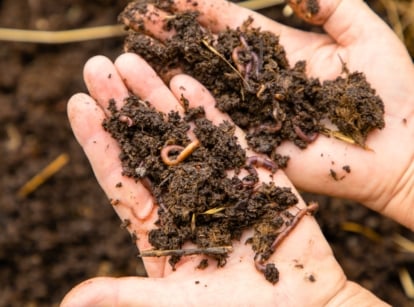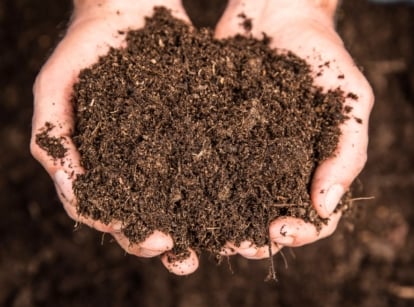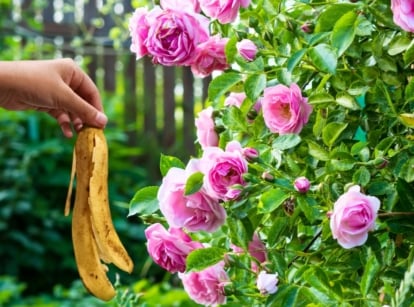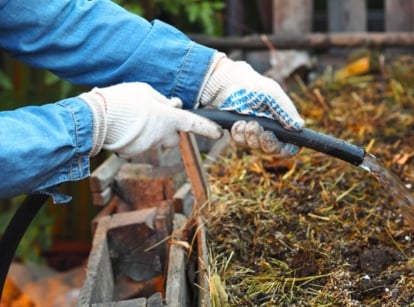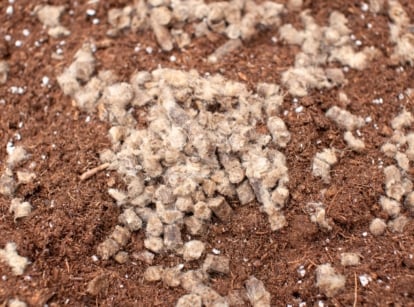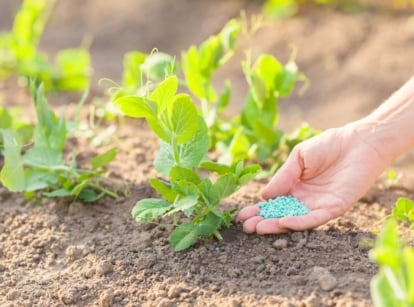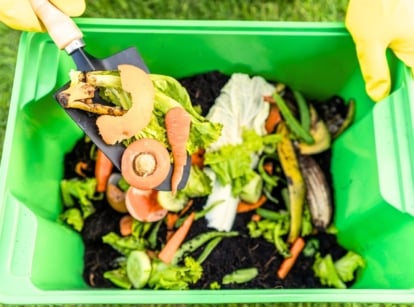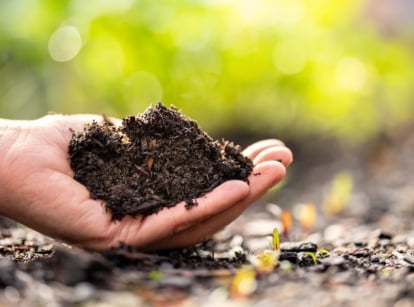Soil Building
Soil building encompasses many different things, as the soil is its own living and changing ecosystem. While it's possible to grow plants without soil, the vast majority of gardeners use it -- soil is everywhere in all of its myriad forms.
Here, we explain all things soil-based as well as the things that are used to improve that soil. Our writing team provides insight into not just soil types and textures, but also composting, cover cropping for soil improvement, mulching for the myriad of benefits it offers, and so many more things.
We'll explore different organic fertilizers and how they work, techniques like the Back To Eden or no-till methods of gardening, and even delve into the many forms of mulch that can be used to reduce erosion and maintain soil moisture.
Organic gardeners know full well the value of having good soil, and the interplay between organic matter and mineral inputs is key to guaranteeing that you have a living, beneficial, and healthy soil food web. To many, the soil is an entirely new frontier waiting to be explored... and so we'll explore it along with you, step by step.
With a little know-how, you too can improve your existing soil in the yard, learn which amendments are necessary or unnecessary in your situation, and optimize for the best outcome for your specific plant types.
